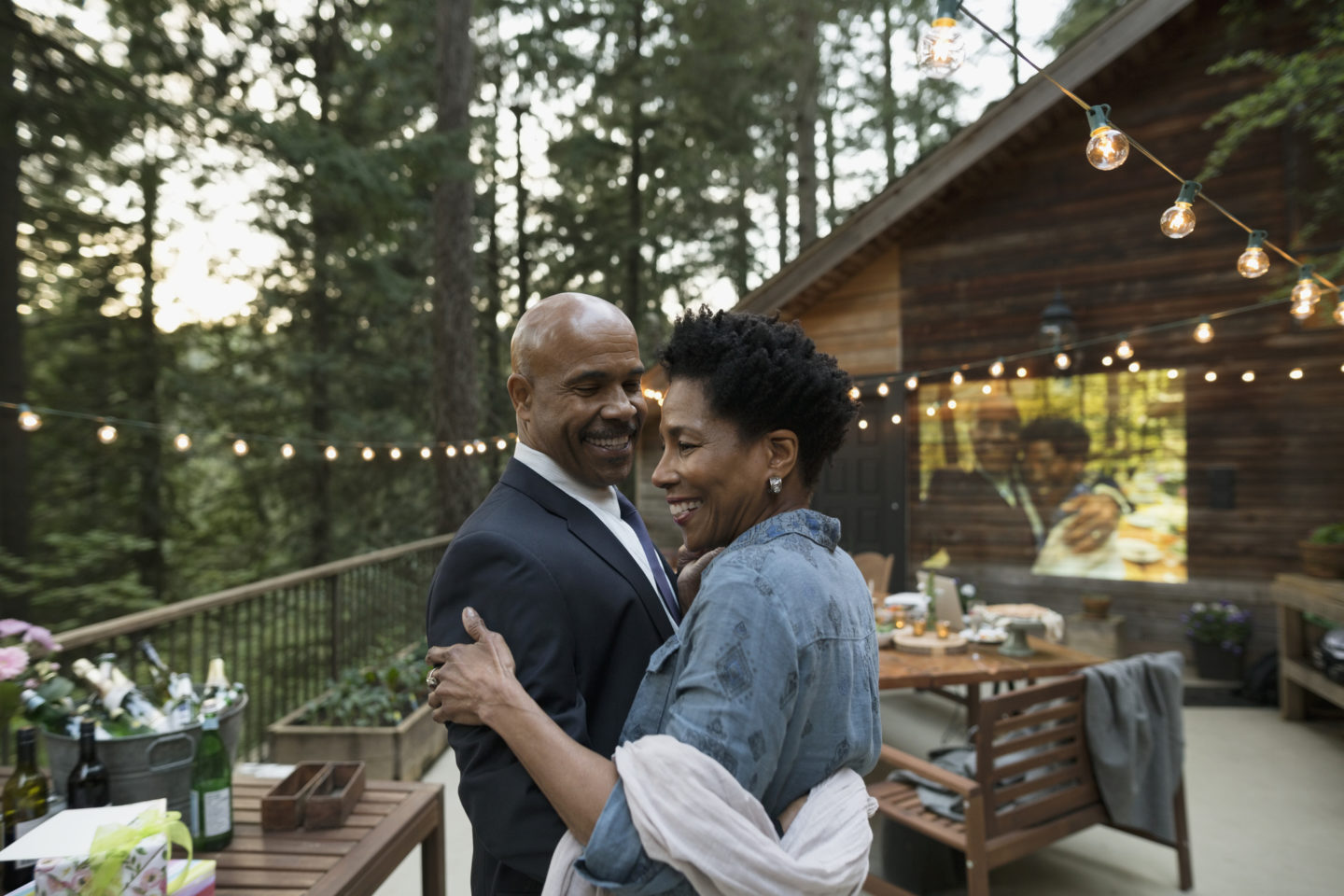Newsflash: Sexuality doesn’t have an expiration date
What do we believe about sex and women in their 60s, 70s and 80s? Do we shudder to think of it, or do we not think about it at all? Whether or not we want to admit it, we have ideas about sex when it comes to women of a certain age, and those ideas can actually prove super harmful to their health and well-being. Here are 4 myths about older women and sex that need to hit the road, immediately.
Women who are 60 and older aren’t interested in sex anymore
Women are seen as having a sexual expiration date, only being attractive and available up until a certain point. According to a 2015 study done by Indiana University, 46 percent of men and 33 percent of women over 70 are masturbating, and 43 percent of men and 22 of women in this age bracket are having sexual intercourse and oral sex is also happening among the 70+ set.
Carla Rosinski, a Boston area mental health counselor, points out that part of the origin of the myth that older women aren’t into sex stems from the fact that menopause reduces the amount of estrogen produced by the ovaries, resulting in the thinning and dryness of the vaginal walls. This is called vaginal atrophy, and it can make intercourse painful. Regular intercourse can actually help atrophy, as it brings more blood flow and circulation to the vaginal walls. “It is worth saying that having sex does not just mean vaginal penetration,” says Rosinski. “There are many different ways to have a healthy sex life.”
“Many women falsely believe that after menopause, things dry up, orgasms become impossible, and they just lie back and think of England to appease their partner,” said Irene Stronczak-Hogan, a Natural Medicine and Anti-Aging Specialist in the UK. “I have had women patients told by their primary care physicians that at their age, it’s natural for their libido to wane. A woman prescribed the right hormones or vaginal moisturizers along with adequate foreplay can have a fulfilling sex life with mind-blowing orgasms.”
They don’t want to talk about sex
MaryJo Rapini, a sex therapist and love and relationships expert for the Houston Chronicle, says that she meets many older folks in her practice who are the opposite of embarrassed when it comes to sex talk. “Their granddaughters aren’t talking about sex with their parents, because their parents don’t want to discuss it with them,” says Rapini. “But these grandmothers do want to, they’re glad to share what they’ve learned about sex and relationships and bodies in their lives.”
The stigma about older women not talking about sex is not only not true, it’s dangerous, and the onus may fall on physicians who don’t think their patients are having sex. Rapini explains, “Some doctors are not good at understanding what they need, they miss a lot. Women aren’t necessarily only not sleeping with just one partner just because they’re older, and they have to be honest and open with their doctors about sex.”
They don’t need to get tested for STIs
As we’ve established, older women are having sex, and so inevitably, older women are getting STIs. According to a 2012 report from the U.S. Center for Disease Control and Prevention, cases of syphilis and chlamydia in 45 to 64 year olds increased between 2000 and 2010. In 2005, 15 percent of HIV diagnoses were in people over 50. (This 2005 data is the most recent research on the topic.)
Why are STIs on the rise? The vaginal dryness that comes with menopause makes women more vulnerable to contracting STIs, and there’s a knowledge gap between older and younger women when it comes to contracting infections. In 2010, an Indiana University study found that condom use was super low among folks over 45. There’s also the fact that physicians may assume that older women have only one sexual partner, and therefore don’t require regular STI testing (wrong). STIs in older adults are often misdiagnosed, and/or diagnosed too late, making them less likely to respond to treatment.
You shouldn’t have sex after a certain age
There are approximately one million jokes about older and elderly folks being too old and fragile for sex. We know that sex is important for those with chronic illness, like arthritis, and the same is true for those in later life.
“If people stay sexually active older,” says Rapini, “their immune systems are stronger. It reduces depression and memory loss. There’s no supplement you can take to mimic its health benefits. Older women want to enjoy their lives, and that means enjoying sex. ”
Cover image courtesy of Getty Images




comments